Analysis
Centre caps service fee for COVID-19 vaccination in private hospitals
Private hospitals can charge maximum of Rs 150 as service charge per dose above fixed price of the COVID-19 vaccine, says Prime Minister Narendra Modi. He said private sector hospitals can continue to procure 25% of vaccines. However, there have been reports of private hospitals charging over Rs 1,000 for the COVID vaccine. And this has created a poor-rich vaccine divide in India.
Majority of India’s urban centres received a lion’s share of the essential vaccine, at the cost of the poor rural districts, which have been left very much vulnerable to the coronavirus. Reuters analyses highlight that this disparity got worse in May when the private sale of COVID vaccines were allowed. This led to the nine cities – New Delhi, Mumbai, Bengaluru, Hyderabad, Chennai, Kolkata, Pune, Nagpur and Thane – combining to administer 5.75 million shots compared to the 4.95 million shots given out by the 114 districts.
By mid-May, about 30.3% of India’s urban population had received at least one dose of the vaccine compared to 19.2% in semi-urban areas, 15.1% in semi-rural and just 12.7% in rural areas. The divide is also evident in India’s private market vaccine rollout, which accounts for 25% of all doses manufactured in the country. Nine major hospital chains managed to corner 50% of all privately sold doses accessible in the country.
Hospitals under Apollo and Fortis groups, according to CoWIN, are charging Rs 1,250 for a dose of Covaxin. This is Rs 50 above the price at which the Bharat Biotech is providing a dose to private hospitals. According to Financial Express, Kolkata-based Woodlands Hospital is charging beneficiaries Rs 1,500 for one dose of vaccine. The same is being charged by BGS Gleneagles Global Hospital in Bengaluru for Covaxin as on May 5. The report says that the Bengaluru-based hospital clarified that it was charging for doses in cases of walk-ins for the initial two days only. Presently, its charging Rs 1,250 for administering the vaccine, and Rs 1,500 per dose in cases where the jabs are administered in apartment buildings or corporate offices. The hospital attributed the charges to additional travel costs and logistics.
Sangita Reddy, Joint Managing Director of Apollo Hospitals Enterprises, told CNBC-TV18 that the Rs 150 cap on COVID-19 vaccine administration charges doesn’t make any difference to their vaccination programme. “We are doing this in the national interest. It’s fine, we will continue with the programme,” Reddy said.
Dr Girdhar Gyani, Director General of Association of Healthcare Provider (AHPI), which represents smaller hospitals, nursing homes and clinics, welcomed the price cap. He said that AHPI has been advocating for Rs 150 cap. “Some private hospitals took advantage of a free market and were charging Rs 500-1,000 as administration fee, which is unfair.” Gyani alleged that the larger private hospitals with financial muscle have cornered the COVID-19 vaccination in the private market, since it opened from May 1.
Fortis in a statement said they are happy that the private sector role in this national program has been recognized by allocating 25% to the private sector. “Unfortunately, the cap of service charge at Rs 150 will not cover the additional costs incurred for such offsite vaccination camps which involve substantial costs like ambulance, transport, extra staff and doctor, plus TDS involved in many cases. We urge the government to consider a higher charge for off-site vaccination camps to enable expanded coverage.”
Also Read: Protest in Hyderabad over closure of ARAM GHAR Old Age Home
Dr Alok Roy, chairman of Kolkata-based Medica Superspecialty Hospital and also the chair of FICCI Health Services Committee, told Moneycontrol that capping administration charges is a retrograde step. “A uniform price cap of Rs 150 isn’t a good thing as price differs based on services and convenience,” he explained. “If you are providing vaccines in a comfortable air-conditioned environment, using best consumables, having skilled nurses and doctors at site, keeping an ambulance and beds ready as part of the protocol, it will definitely cost higher.”
Roy pointed out that if the government really wants to subsidize the COVID vaccination in the private sector, it should have capped the prices of the COVID-19 vaccines.


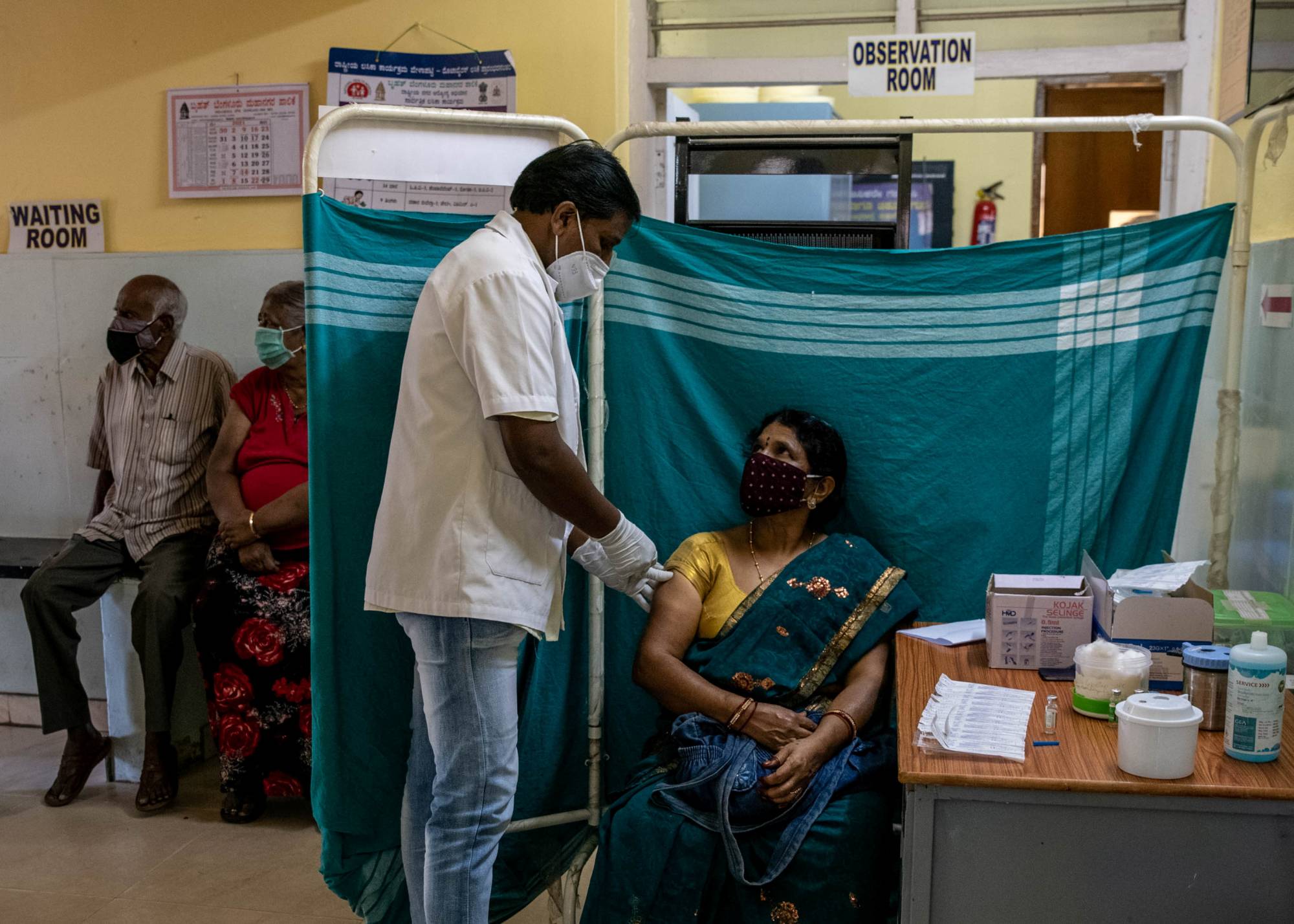
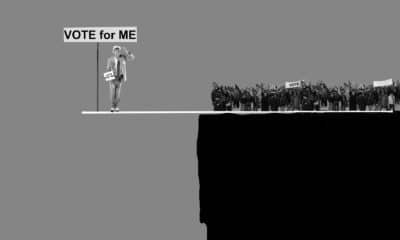

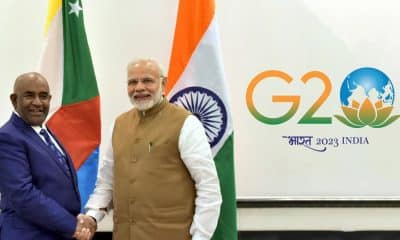
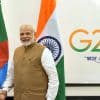


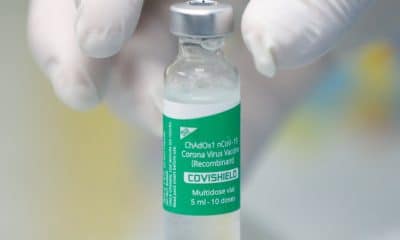


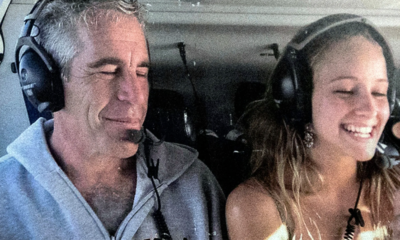

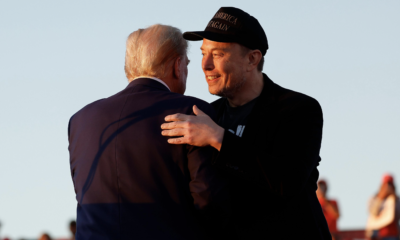


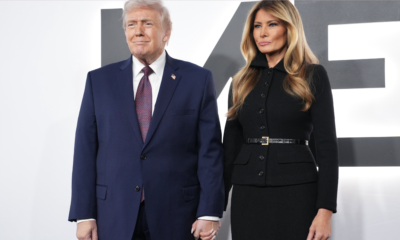
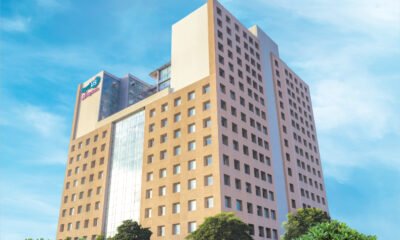








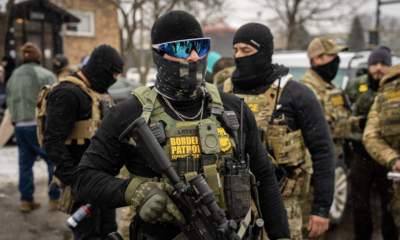














Pingback: With the second wave of COVID-19 slowing, India is set to spend an additional Rs 80,000 crore to provide free vaccines and food to millions of people.
Pingback: Error in Vaccination certificate? Here's how you can rectify it on CoWin
Pingback: NCLT gives nod to Anil Agarwal's Twin Star Tech's Rs 3k cr bid for Videocon Industries
Pingback: Printing money should be last resort, govt can consider covid bond: Ex-RBI GuV D Subbarao